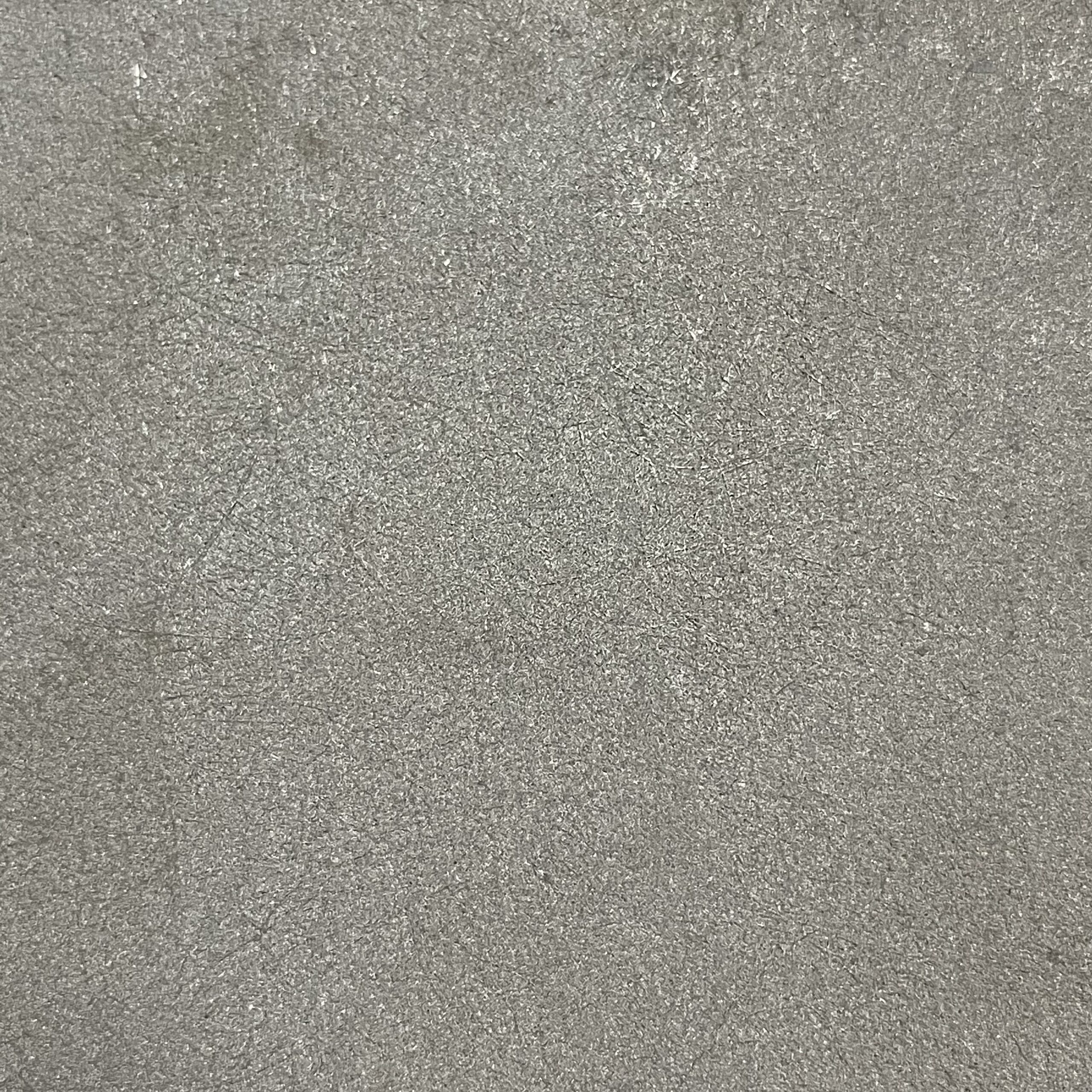Introduction
Titanium felt is a versatile material. It is used in various high-performance applications. Quality assessment is crucial for optimal performance. This article provides a detailed guide. It explains how to determine the quality of titanium felt. Key factors include material properties, manufacturing standards, and performance tests.
Understanding Titanium Felt
Titanium felt is a non-woven fabric. It is made from titanium fibers. The material is known for its high porosity. It offers excellent strength and corrosion resistance. Titanium felt is used in filtration, energy, and chemical industries. Understanding its properties is essential for quality assessment.
Material Properties
Purity of Titanium
High-purity titanium is essential for quality felt. Impurities can affect performance. The titanium used should meet industry standards. High-purity titanium ensures better corrosion resistance. It also enhances mechanical strength. Always verify the titanium grade used.
Fiber Diameter and Length
Fiber diameter and length impact felt quality. Uniform fibers ensure consistent performance. Smaller diameters increase surface area. This enhances filtration efficiency. Longer fibers improve mechanical strength. Check the fiber specifications provided by the manufacturer.
Porosity and Pore Size
Porosity is a critical factor. It determines the material’s filtration capability. High porosity allows better fluid flow. Pore size should be uniform. This ensures efficient filtration. Measure porosity using standard testing methods.
Mechanical Strength
Mechanical strength is vital for durability. Titanium felt should withstand operational stress. High tensile strength is desirable. It ensures long service life. Perform tensile strength tests to verify this property.
Corrosion Resistance
Titanium felt is known for its corrosion resistance. It should perform well in harsh environments. Test the material in relevant corrosive media. High corrosion resistance ensures reliability. This is crucial for chemical and industrial applications.
Manufacturing Standards
Production Process
The manufacturing process affects quality. High-quality titanium felt requires precise control. Ensure the manufacturer follows standardized procedures. Advanced techniques like sintering enhance properties. Verify the production methods used.
Quality Control Measures
Quality control is essential during production. Regular inspections ensure consistency. Check if the manufacturer has quality certifications. ISO standards are a good indicator. Proper quality control minimizes defects. This ensures high-quality titanium felt.
Surface Treatment
Surface treatment enhances performance. Treatments like coating or annealing improve properties. Verify if the felt undergoes any surface treatment. This can enhance corrosion resistance and strength. Surface treatment details should be provided by the manufacturer.
Performance Tests
Filtration Efficiency
Filtration efficiency is a key performance indicator. Test the felt with relevant fluids or gases. High efficiency ensures effective filtration. Measure particle retention and flow rates. Compare results with industry standards.
Thermal Stability
Thermal stability is crucial for high-temperature applications. Test the felt under operational temperatures. It should maintain structural integrity. High thermal stability ensures reliability. This is important for energy and industrial uses.
Chemical Resistance
Chemical resistance is vital for harsh environments. Test the felt with relevant chemicals. It should resist corrosion and degradation. High chemical resistance ensures long service life. This is crucial for chemical industry applications.
Mechanical Durability
Mechanical durability ensures long-term performance. Perform fatigue and wear tests. The felt should withstand repeated stress. High durability reduces maintenance needs. This is important for industrial applications.
Certifications and Standards
Industry Certifications
Certifications indicate quality and reliability. Look for ISO or ASTM certifications. These ensure the felt meets industry standards. Certifications provide confidence in the material. Always verify the certifications held by the manufacturer.
Compliance with Standards
Compliance with standards is essential. Check if the felt meets ASTM or ISO standards. These standards ensure quality and performance. Compliance indicates reliable manufacturing practices. This is crucial for high-performance applications.
Supplier Reputation
Manufacturer Experience
Experience indicates expertise and reliability. Choose manufacturers with a proven track record. Experienced manufacturers produce high-quality felt. Check the manufacturer’s history and client reviews. This provides insight into their reliability.
Customer Feedback
Customer feedback is a valuable resource. Positive reviews indicate quality and reliability. Check feedback from previous clients. This helps assess the manufacturer’s reputation. Reliable suppliers consistently deliver high-quality products.
Cost Considerations
Price vs. Quality
Price is an important factor. However, it should not compromise quality. High-quality titanium felt may cost more. It offers better performance and durability. Balance cost with quality requirements. This ensures value for money.
Long-Term Benefits
Consider long-term benefits. High-quality felt reduces maintenance costs. It also enhances operational efficiency. Investing in quality ensures long-term savings. This is crucial for industrial applications.
Case Studies
Industrial Applications
Case studies highlight practical benefits. In a chemical plant, high-quality titanium felt improved filtration efficiency. It also reduced maintenance costs. These examples demonstrate the importance of quality. They underscore the need for thorough quality assessment.
Energy Sector
In the energy sector, quality titanium felt enhanced fuel cell performance. It also improved durability. These applications show the material’s importance. They highlight the need for rigorous quality checks.
Conclusion
Determining the quality of titanium felt is crucial. It ensures optimal performance and reliability. Key factors include material properties, manufacturing standards, and performance tests. Certifications and supplier reputation also play a role. Thorough quality assessment guarantees high-quality titanium felt. This is essential for various high-performance applications.

